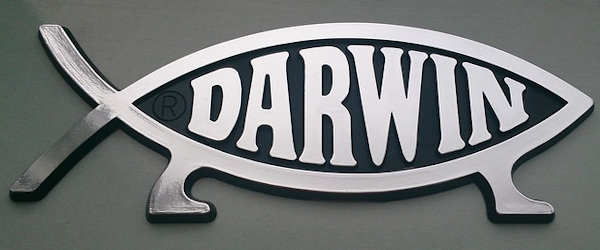 Why is overpopulation the biggest threat humanity faces today?
Why is overpopulation the biggest threat humanity faces today?
The world has 7.5 billion people and estimates show population growth will reach 11.2 billion by the year 2100. The most alarming issue accompanying these numbers is the fact that our planet’s resources are simply not enough to sustain the entire population.
In her eye-opening book “Move Upstream, A Call to Solve Overpopulation,” Karen Shragg delivers a powerful message on the gravity of overpopulation, its devastating effects, and the actions needed to solve this critical issue.
While it is true there is a lot of activism around the world on many important topics, unfortunately most of these efforts are conducted downstream focusing on the symptoms, rather than the root causes of the problems.
Shragg stresses the urgency to shift focus and move upstream “to get humans to live within our planet’s ecological limits.”
One of the most revealing pieces of information in the book comes from the shocking discrepancy between the number of people and the Earth’s resources we use for food, water, shelter, and energy.
According to Global Footprint Network, a sustainable population for our planet is between 1.5 and 3 billion people. This means the world population is exceeding the Earth’s capacity by at least 4.5 billion people!
In different words, humanity today consumes in one year the amount of resources that it takes our planet 1.5 years to regenerate! Reducing consumption or trying to increase the planet’s resources is no longer enough; sustainable balance can only be achieved with a reduction in human numbers.
More specifically to the United States, the country’s resources can adequately sustain a population of 150 million people. And yet, we are 320 million.
Many people don’t think a country like the United States is overpopulated because there is plenty of empty land. But as Shragg explains, open space is not the issue; the United States has suffered from shortages of water and other resources in recent years.
While climate change is a big concern around the world, and many efforts are made to limit our consumption and be more environmentally conscious, the truth is climate change is a symptom of overpopulation.
The scientific consensus on climate change is conclusive the warming of the planet is related to human activity, and there is an insurmountable amount of activism to fight global warming.
But as Karen Shragg reiterates, the problem with this activism lies in its failure to showcase the undeniable link between climate change and overpopulation.
If we think that just by driving electric vehicles, recycling, switching to solar energy, and becoming vegetarians, we are going to overturn climate change, we are in total denial. If anything, we are just helping slow down the imminent collapse of our natural resources.
Population reduction is an upstream solution that urgently needs to be incorporated by influencing activists as part of their global campaigns, and needs to be a higher priority than the aforementioned downstream efforts.
What are other solutions to fight overpopulation?
Feminism
We all need to get on-board the feminist ship as women’s empowerment is key in the reduction of family sizes. Additionally, we need to bring birth control out of obscurity and make it more easily accessible in the most adverse regions in the world.
Religions
Religions can be part of the solution, but they need a serious update that incorporates true openness and reason. They must act smart and accept the science-based evidence on climate change and our resources.
Christianity, the world’s top religion, has over 2 billion followers who base their spiritual teachings on an ancient book written back when our planet was significantly less populated. But today, the “be fruitful and multiply” edict (Genesis 1:28) is not only obsolete, but dangerous to keep promoting as our planet’s resources continue to diminish.
Religions also need to acknowledge birth control as an effective weapon against the threat of overpopulation. If they don’t get behind this, religions will be part of the problem.
World Leaders
Politicians don’t like to publicly speak about overpopulation because, as the author accurately points out, it puts them at a risky political spotlight, as it brings out two highly debatable topics: immigration and abortion.
Perhaps we need to stop seeing immigration as a political or human rights issue, and see it as an ethical issue. Does it make sense to bring in more people when we are already over-pumping our aquifers, ferociously devouring our forests, and obscenely extracting more oil from the ground because of a never-ending demand?
World leaders and decision makers need to stop fearing and ignoring the subject, and make it a vital topic of discussion for the sake of humanity.
Today, the world is adding 9,000 people every hour; 200,000 people every day; 1 million people every 4.5 days; and 80 million people every year!
Overpopulation can be solved, but the time to act is now.
I highly recommend “Move Upstream, A Call to Solve Overpopulation” by Karen Shragg. It triggered in me a profound reflection on how our actions today are extremely crucial to the future of humanity in a world were population and resources can secure sustainable balance.
Our planet has been generous to us, saving it is the least we can do in return.
 If you were to ask hardcore atheists like Christopher Hitchens or Richard Dawkins if they think there could be anything useful in religions, you would most likely get a firm “no” for an answer.
If you were to ask hardcore atheists like Christopher Hitchens or Richard Dawkins if they think there could be anything useful in religions, you would most likely get a firm “no” for an answer.